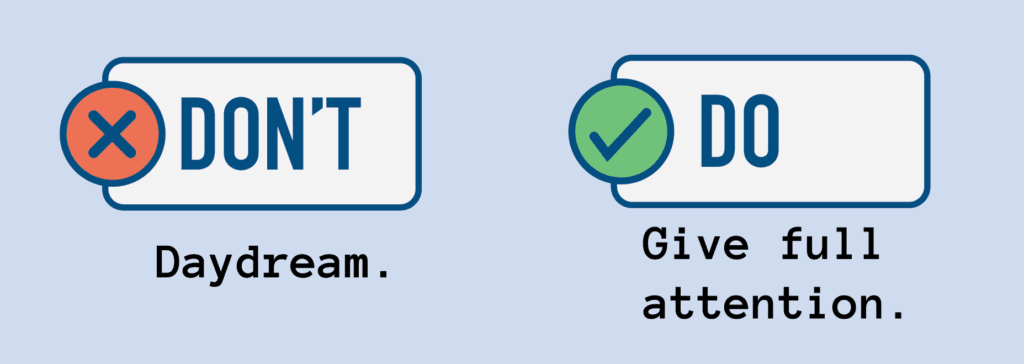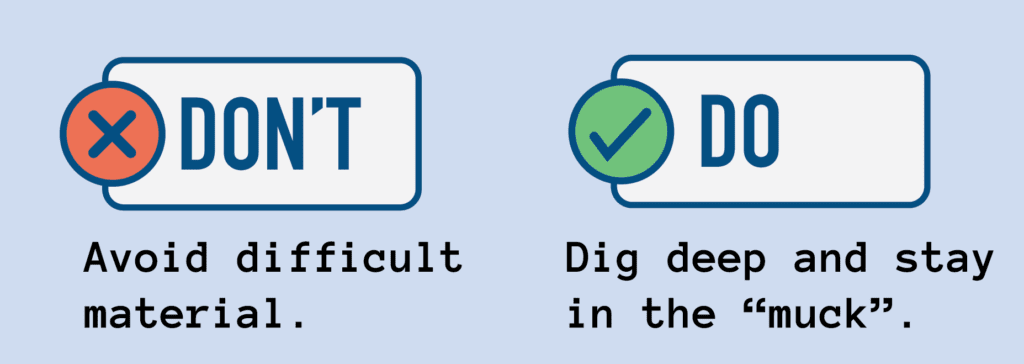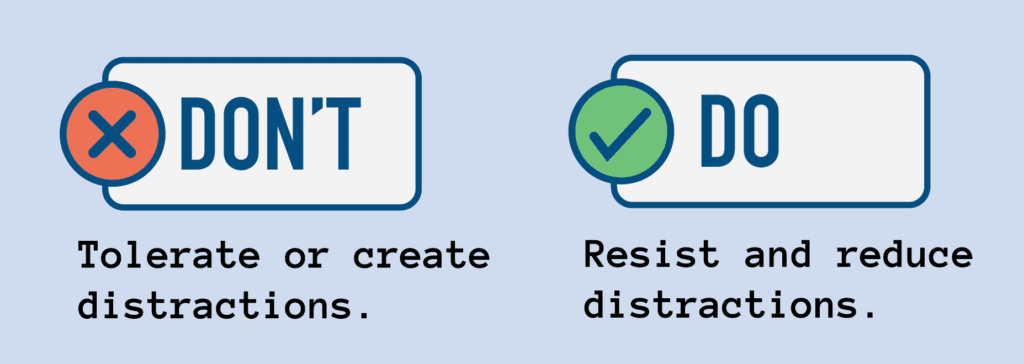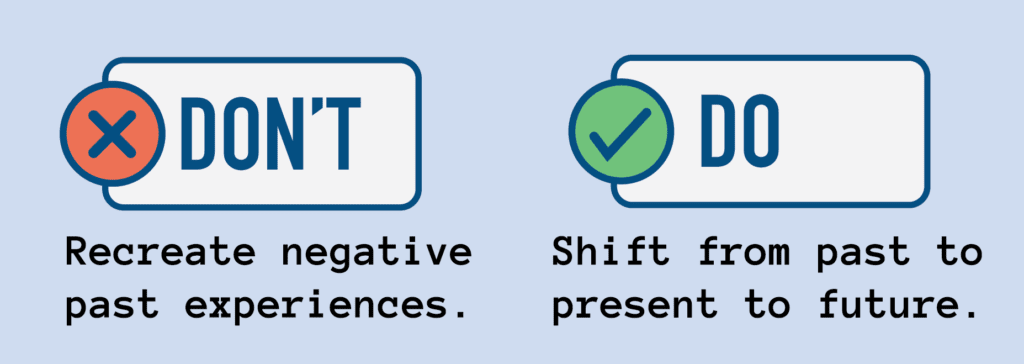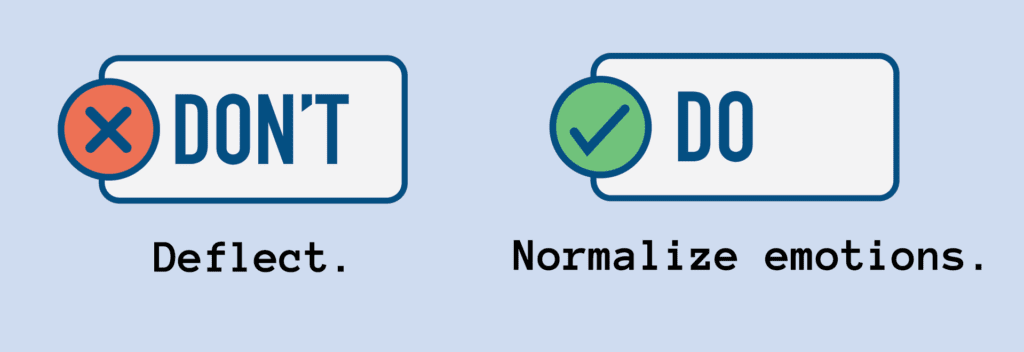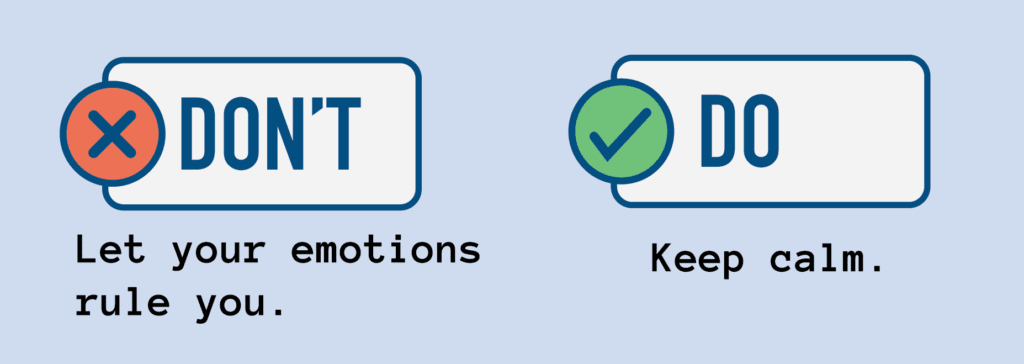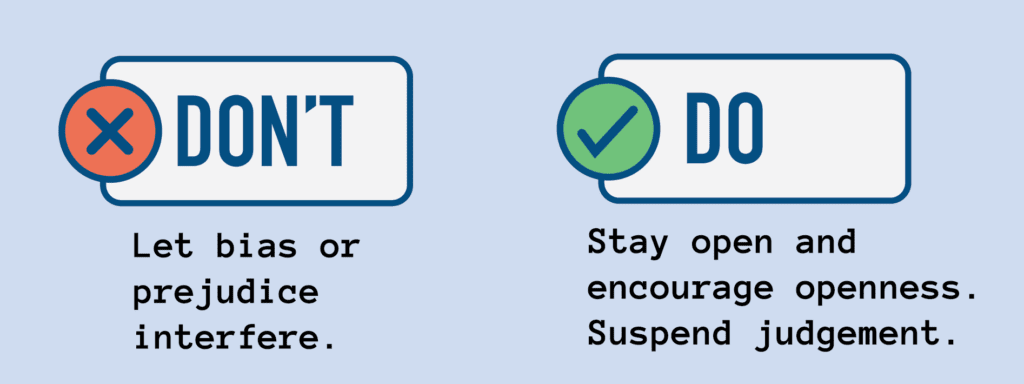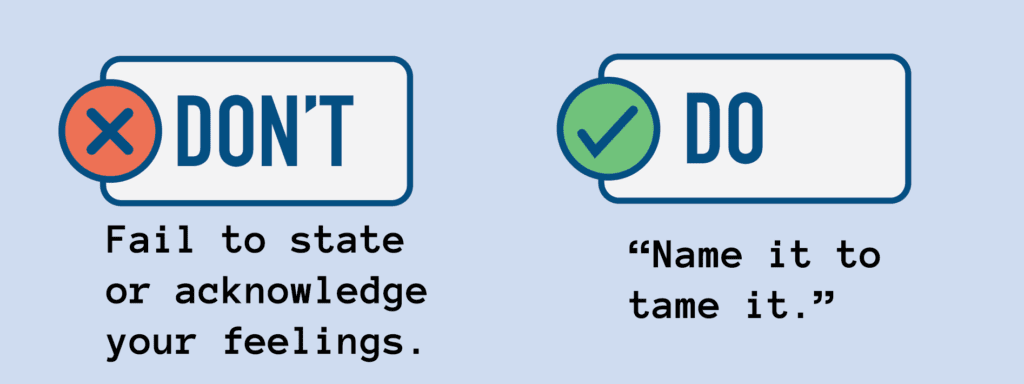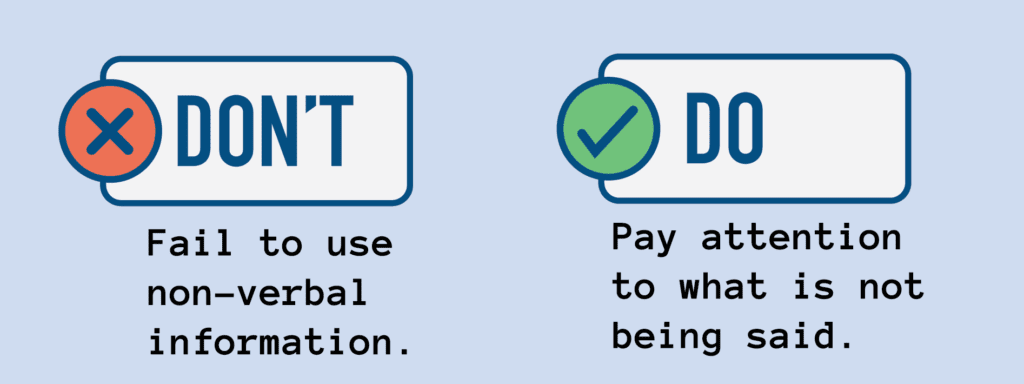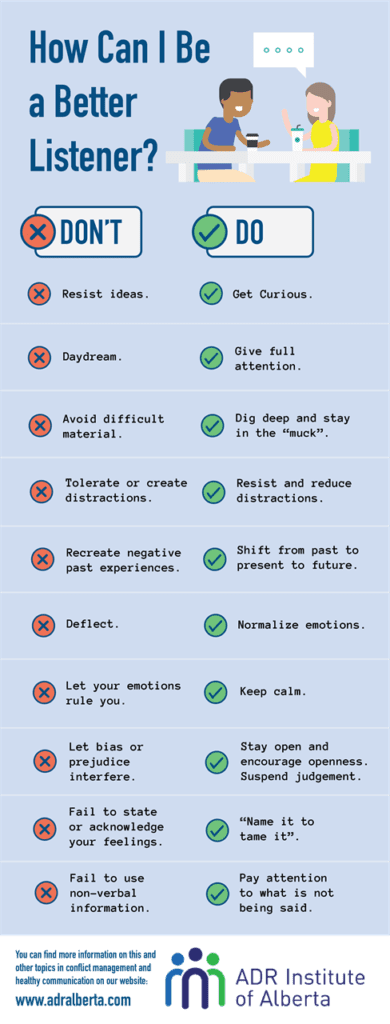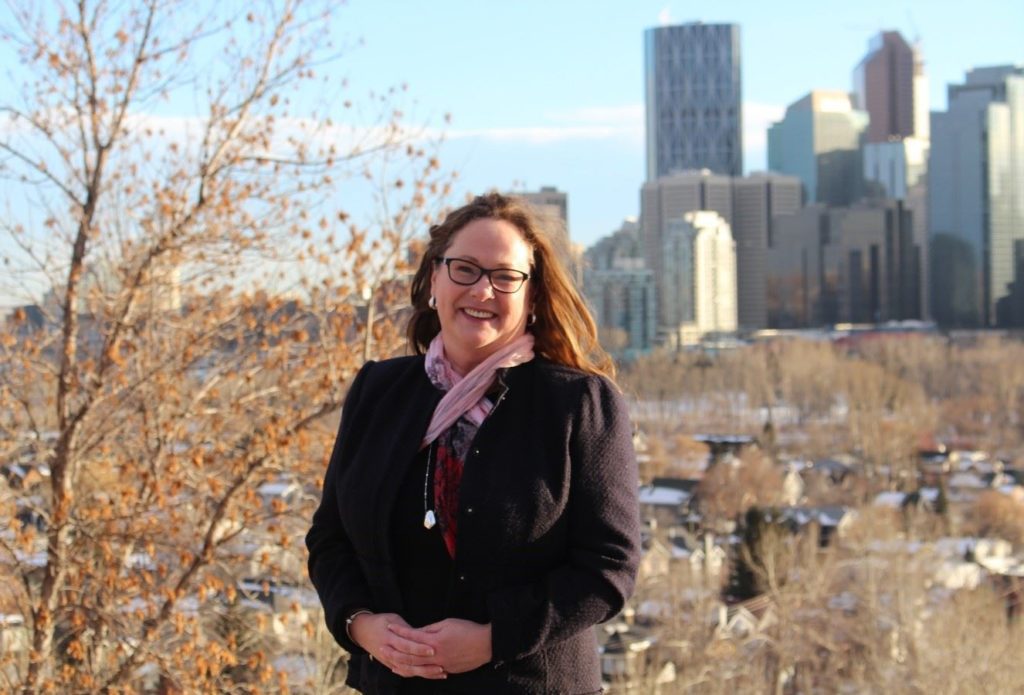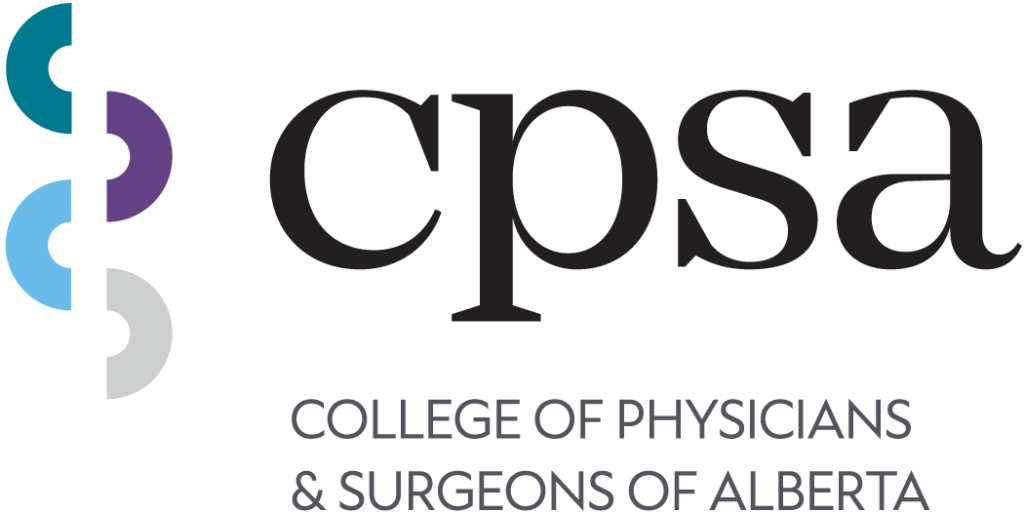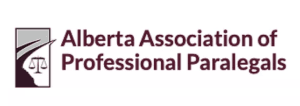Whether you are a mediator or an adjudicator, fairness is a very important characteristic to maintain. But what exactly does this entail?
In this presentation, our speaker Moin A. Yahya will suggest some simple rules to follow when mediating or adjudicating disputes between various parties. These include formalistic legal rules, such as not being biased, giving proper notice to each side, and allowing each side to present and be heard as well as informal rules that will assist in getting the buy-in from each of the parties involved.

Our Speaker: Moin A. Yahya
Moin A. Yahya is a Professor of Law at the University of Alberta. He is a current member of the Alberta Human Rights Commission and a past member of the Alberta Utilities Commission. He has taught Administrative Law, Criminal Law, and Constitutional Law among other courses.
This recording is from our April 14, 2021 ADR Webinar:
Fairness in Arbitration & Mediation: A Personal PerspectiveRead More



